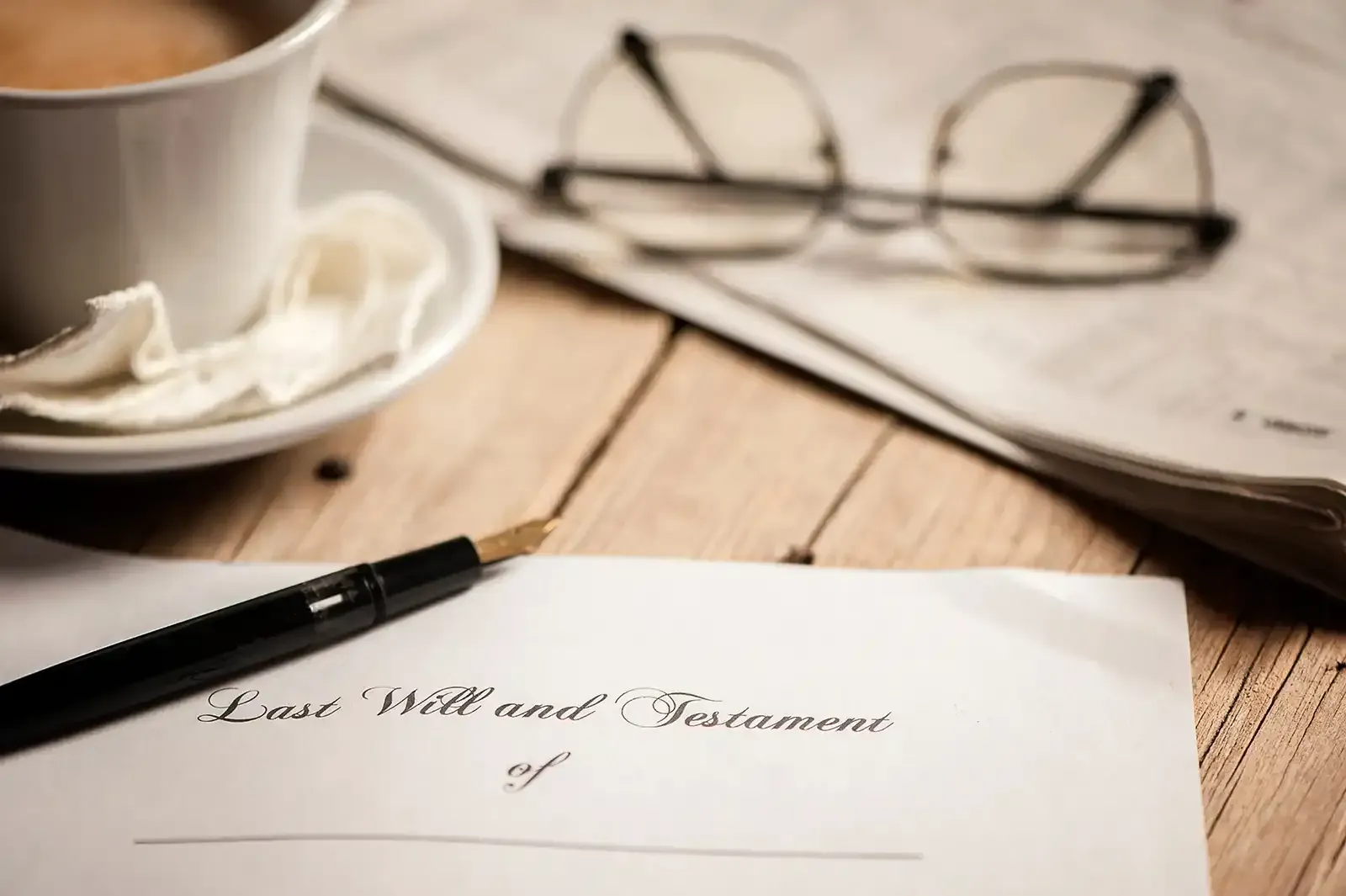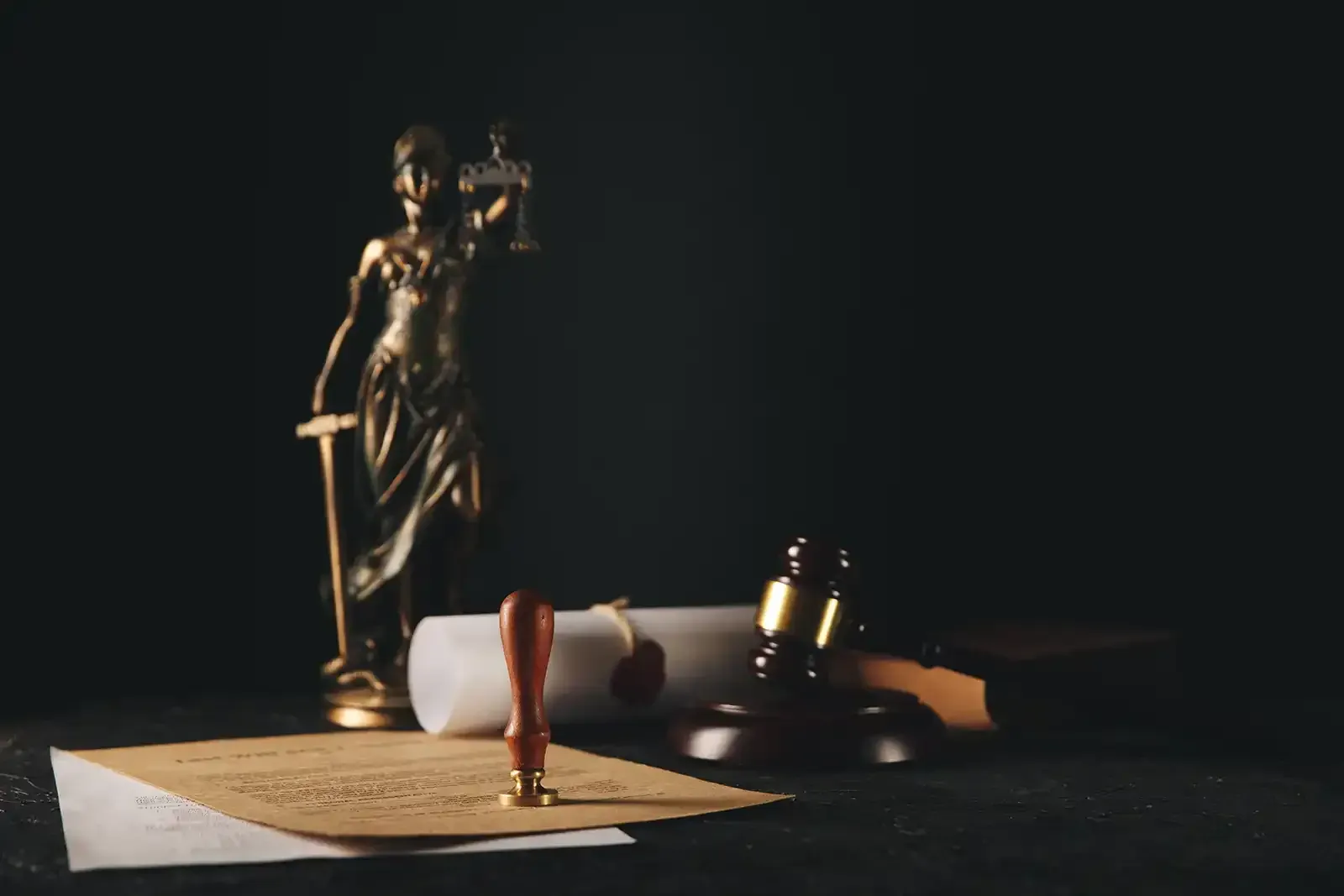Probate Attorney In Chicago, Illinois
Probate is not something to be afraid of or avoid.
When an individual passes away, his estate often goes through a process called probate where the assets of the deceased are managed and distributed. Probate is not something to be afraid of, it is simply the legal process whereby an executor is named (if there is a will), letters of office are issued, and the estate is administered. If no will exists, the individual who is issued the letters of office is referred to as the administrator of the estate. In those cases when there is no will, the state provides for the distribution of assets through intestate laws. In Illinois this statute is 755 ILCS 5/ Art. II Descent and Distribution. This type of distribution is also referred to as per-stirpes. One of the significant benefits of probate is the limited period in which creditors may present claims. Creditors have only a six-month window from the time of publication to file a claim against the estate. After that period passes, they are time-barred from making a claim against the assets of the estate. This particular aspect can greatly speed up the administration of the estate, and lets the executor or administrator rest easy at night knowing she will not be responsible for claims against the estate after this period has passed and the court has closed the estate. In many cases, the executor should welcome the formal probate process.
Contact Grant Park Legal Advisors LLC to schedule a consultation with a lawyer today. 312-675-4820
If the deceased individual owned his assets through a well drafted and properly funded trust, it is possible that he may not need to go through the legal process of probate. The Successor Trustee administers the distribution of the deceased's assets based on the terms of the trust. This trustee follows the directions of the trust to manage and distribute the assets. The job of trustee should not be lightly entered into as she has great responsibility to ensure she scrupulously follow the terms of the trust. Grant Park Legal Advisors highly recommends new trustees seek counsel with an attorney so they may fully understand the terms of the trust and their responsibilities as a trustee. This is usually an expense that the trust will be able to reimburse to the trustee. If the trust does not provide for reimbursement of the expenses of the trustee, then an individual considering this position should strongly consider declining to act as the trustee.
What are the other ways to avoid probate?
There are other ways to avoid probate, such as properly using transfer on death instruments, joint tenancy deeds, and properly naming beneficiaries on various investment and bank accounts. If there is no real estate included in the deceased individual’s estate and the estate has less than $100,000 in assets, he may be able to handle the estate and avoid probate through a small estate affidavit. Interested parties should discuss their options with an attorney familiar with this area of the law. The small estate affidavit may seem a less expensive and easier route since it is not supervised by the court, however, the administrator of the estate may have greater personal liabilities and is subject to a two-year period of creditor claims. See Grant Park Legal Advisor’s page on small estate affidavits to more fully understand the small estate affidavit process.
The Probate process explained
The length of time needed to complete the probate of an estate depends on the size and complexity of the estate, as well as the local court’s rules and schedule of the probate court. Typically, in Illinois, it will take most simple estates about one year to complete this process. If there are issues within the estate, such as challenges to the will, creditor claims, disposition of real estate or personal property, then it may take longer than one year to close the estate.
Every probate estate is unique, but most involve the following steps:
- Filing of a petition with the proper probate court.
- Notice to heirs under the Will or to statutory heirs (if no Will exists).
- Petition to appoint Executor (in the case of a Will) or Administrator for the estate.
- Inventory and appraisal of estate assets by Executor/Administrator.
- Payment of estate debt to rightful creditors.
- Sale of estate assets.
- Payment of estate taxes, if applicable.
- Final distribution of assets to heirs.






